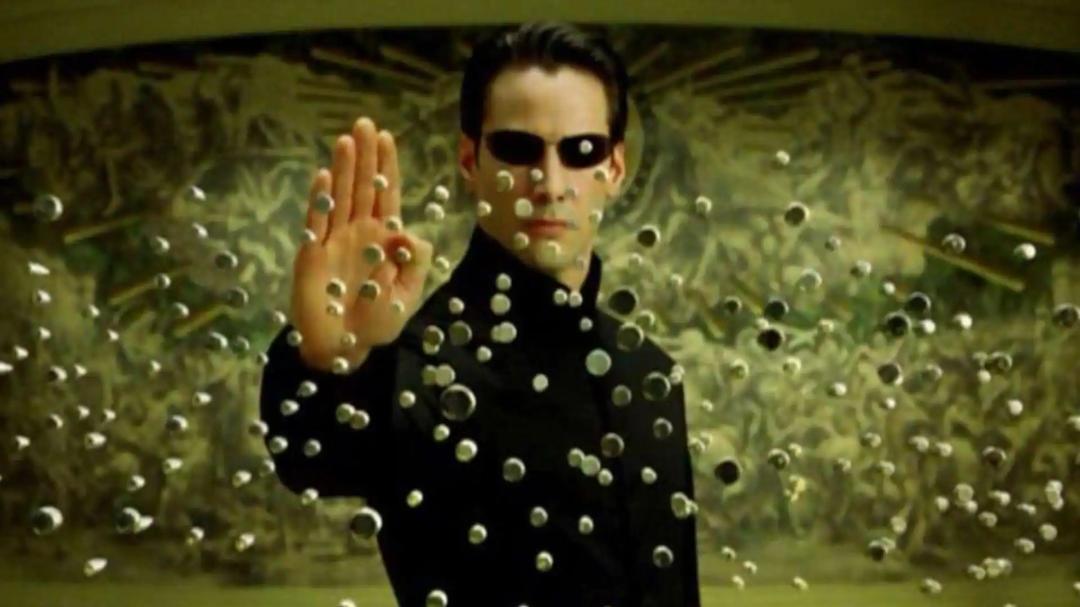
Physicists prove universe isn’t a computer simulation like in ‘The Matrix’
The idea that our universe is a computer simulation, popularized by the iconic movie “The Matrix,” has been a topic of debate among scientists and philosophers for years. However, a recent study by physicists from the University of British Columbia Okanagan (UBCO) has mathematically proved that this notion is incorrect. According to a press release, the researchers have demonstrated that the universe is not a computer simulation, but rather, it is built on “a type of understanding that exists beyond the reach of any algorithm.”
The concept of the universe being a computer simulation, also known as the “Simulation Hypothesis,” suggests that our reality is a simulation created by a more advanced civilization. This idea has been explored in various fields, including philosophy, physics, and computer science. However, the UBCO study has provided a mathematical proof that challenges this idea.
The study’s co-author stated, “Fundamental laws of physics cannot be contained within space and time, because they generate them.” This statement highlights the key argument against the Simulation Hypothesis. The researchers argue that the fundamental laws of physics, which govern the behavior of our universe, cannot be reduced to a set of algorithms or computer code. Instead, these laws are more akin to a type of understanding that exists beyond the reach of any algorithm.
To understand this concept, let’s delve deeper into the nature of algorithms and computer simulations. An algorithm is a set of instructions that a computer follows to solve a problem or perform a task. Computer simulations, on the other hand, use algorithms to model complex systems, such as weather patterns or financial markets. However, the UBCO study suggests that the universe is not a simulation created by a set of algorithms, but rather, it is a complex system that is governed by fundamental laws of physics.
These laws, such as the laws of gravity, electromagnetism, and quantum mechanics, are not algorithms in the classical sense. They are more like a set of principles that govern the behavior of the universe, and they cannot be reduced to a simple set of instructions. The researchers argue that these laws are not contained within space and time, but rather, they generate them.
The implications of this study are far-reaching and have significant consequences for our understanding of the universe. If the universe is not a computer simulation, then what is its nature? The UBCO study suggests that the universe is a complex system that is governed by fundamental laws of physics, which are not reducible to algorithms or computer code. This idea challenges our understanding of the universe and encourages us to think about the nature of reality in a more profound way.
The study’s findings also have implications for the field of artificial intelligence. If the universe is not a computer simulation, then it is unlikely that we can create a truly realistic simulation of reality using current computer technology. This idea challenges the notion of creating a “matrix-like” simulation, where humans are unaware that they are living in a simulated reality.
In conclusion, the UBCO study has provided a mathematical proof that challenges the Simulation Hypothesis. The researchers have demonstrated that the universe is not a computer simulation, but rather, it is built on “a type of understanding that exists beyond the reach of any algorithm.” This idea has significant implications for our understanding of the universe and encourages us to think about the nature of reality in a more profound way.
As we continue to explore the mysteries of the universe, we may uncover more evidence that challenges our current understanding of reality. The UBCO study is an important contribution to this field, and its findings will likely spark further debate and research into the nature of the universe.






